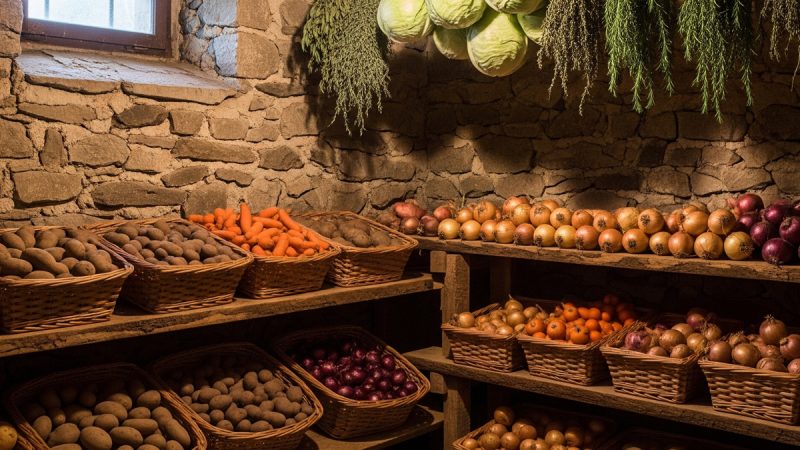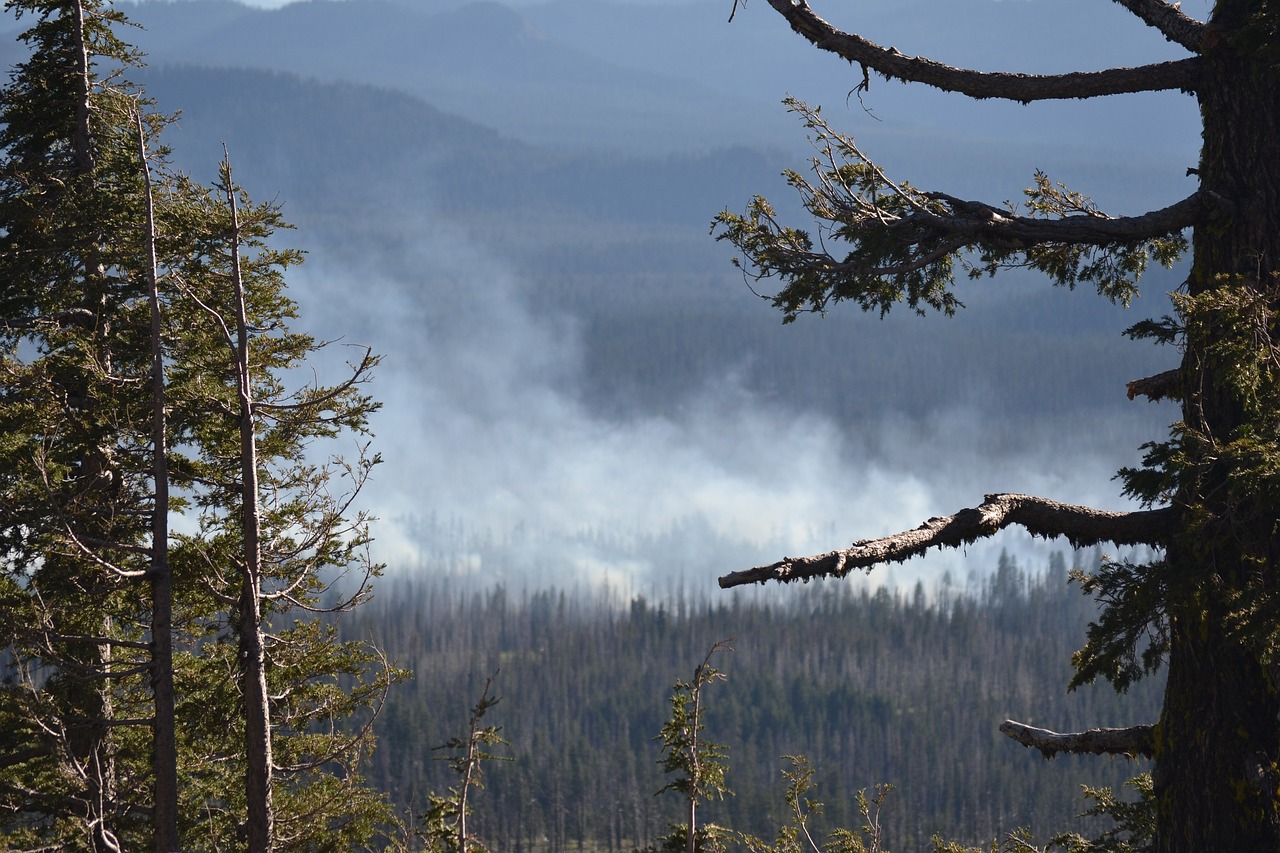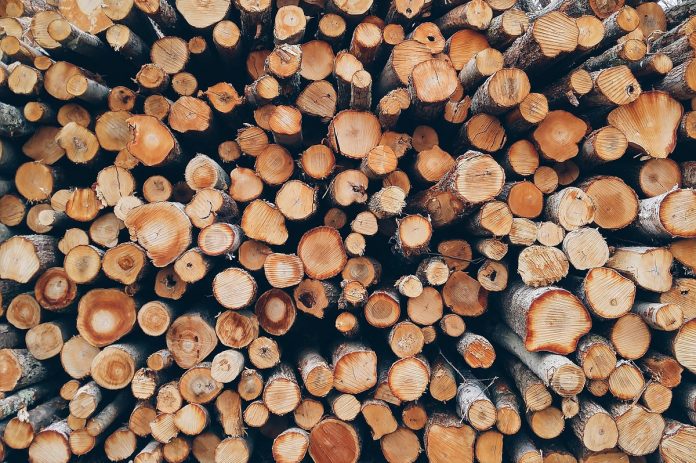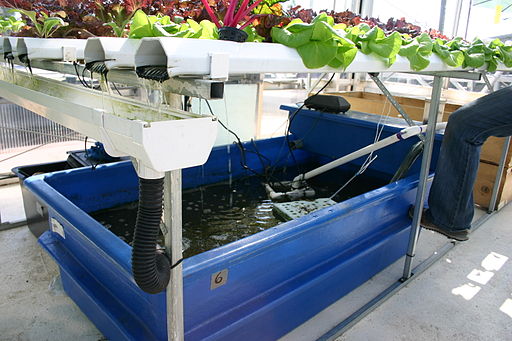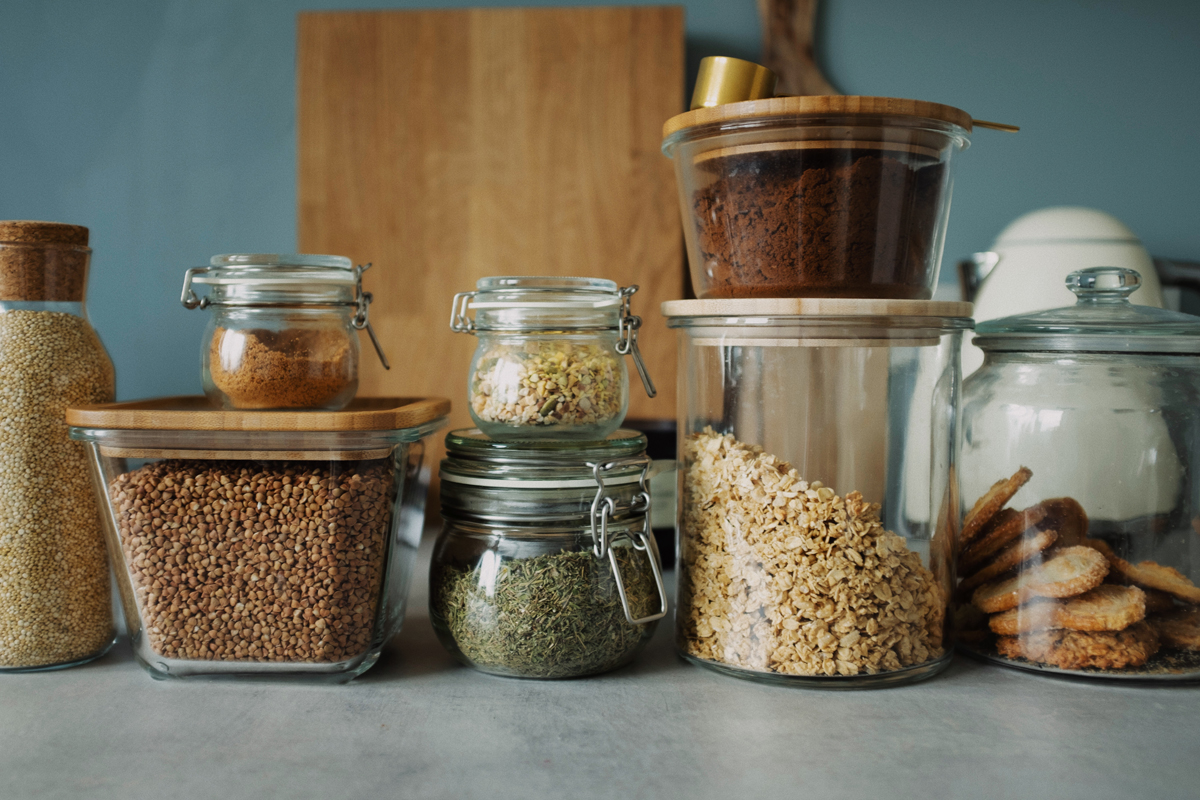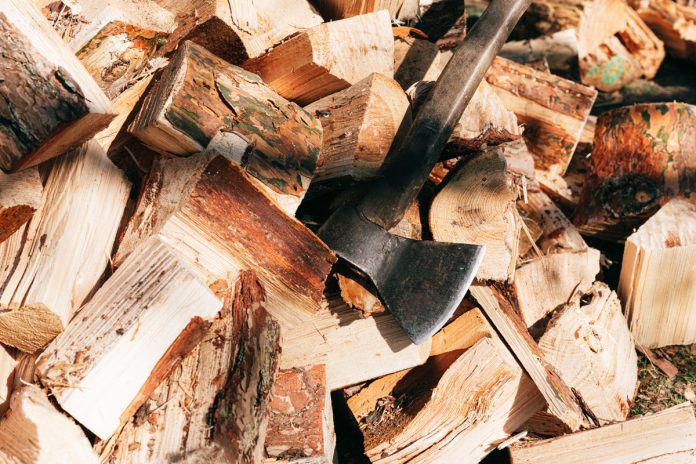Survival Skill: How to Find Potable Water
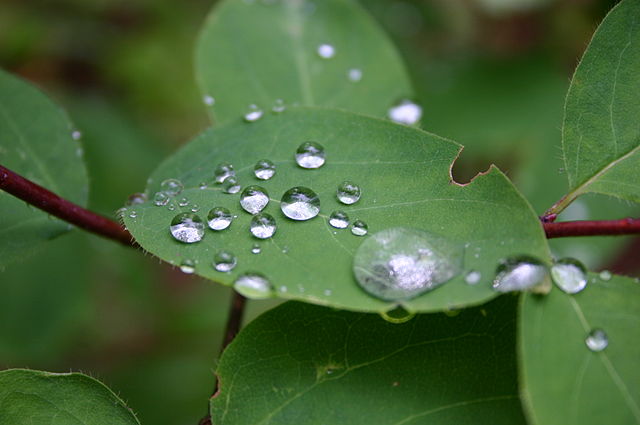
When the weather is nice, a day hike can turn into hours of meandering along trails. It’s easy to run out of water. I’ve even forgotten to repack my water bottle after taking a break. Streams and ponds may be everywhere, but don’t be tempted. You have no idea if that water is safe to drink.
Potable water is available if you know what to look for.
Water follows shelter in the sacred order of wilderness survival.
1. Graze on Grass.
In North America there are no toxic grasses. You can chew grass blades, extract the moisture and then spit out the pulp.
2. Grape Vine to the Rescue.
You’re in luck if you recognize grape vine; the liquid from a cut vine is also potable. Replant the severed vine, so it can sprout roots.
3. Make a Solar Tree Branch Still.
Wrap a piece of plastic (like the plastic bag holding your trail mix) around the green leaves on a tree branch. The moisture that forms from the condensation is safe to drink.
4. Dew Wiping.
If there’s dew or moisture on non-poisonous plants, wipe that moisture with a cotton cloth for another safe source of water.
Dew wiping and a the solar still are the main reason I carry plastic bags and a cotton bandana as part of my pocket survival kit. These two techniques will give you drinkable water in any location with nonpoisonous vegetation.
The advantage of these water collecting techniques is that you don’t have to boil the water. It’s a good idea to practice these techniques before you need to put them to use.
There are a myriad of other ways to obtain drinking water, but you need more tools. You also need a bit more technique to be successful.
IMPORTANT NOTE: Never eat snow in a survival situation. Your body will lose moisture trying to melt the snow, leaving your more dehydrated. You need to add water to snow before drinking it.
This article is not intended to be an exhaustive examination of water collecting and purification, but rather to help you understand how to use condensation to your advantage when you are in a pinch.
The Author:
JJ Murphy is a nature writer, blogging hiker, curriculum creator, locavore and tree-hugger currently based in Harriman, NY.
Photo.
Source: EA

